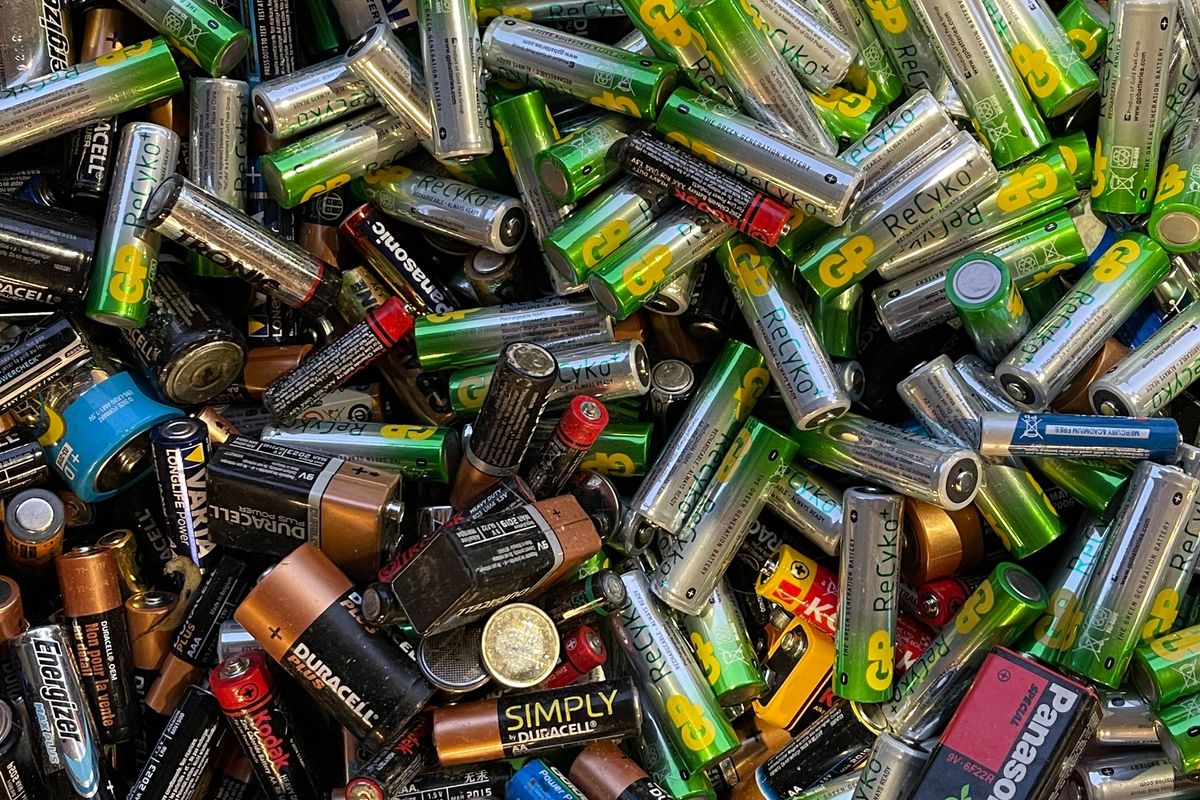Chris Rock's Epic Truth Bomb About How It's White People That Have Progressed, Not Black People
You can always count on Chris Rock to have a new way to put it when it comes to race in America. Frank Rich got Chris really talking when he interviewed him, and it's absolute gold. You can see the whole excellent interview here, but for now, here's the shorter bit on race that we couldn't wait to share.
What would you do in Ferguson that a standard reporter wouldn’t?
I’d do a special on race, but I’d have no black people.
Well, that would be much more revealing.
Yes, that would be an event. Here’s the thing. When we talk about race relations in America or racial progress, it’s all nonsense. There are no race relations. White people were crazy. Now they’re not as crazy. To say that black people have made progress would be to say they deserve what happened to them before.
Right. It’s ridiculous.
So, to say Obama is progress is saying that he’s the first black person that is qualified to be president. That’s not black progress. That’s white progress. There’s been black people qualified to be president for hundreds of years. If you saw Tina Turner and Ike having a lovely breakfast over there, would you say their relationship’s improved? Some people would. But a smart person would go, “Oh, he stopped punching her in the face.” It’s not up to her. Ike and Tina Turner’s relationship has nothing to do with Tina Turner. Nothing. It just doesn’t. The question is, you know, my kids are smart, educated, beautiful, polite children. There have been smart, educated, beautiful, polite black children for hundreds of years. The advantage that my children have is that my children are encountering the nicest white people that America has ever produced. Let’s hope America keeps producing nicer white people.
It’s about white people adjusting to a new reality?
Owning their actions. Not even their actions. The actions of your dad. Yeah, it’s unfair that you can get judged by something you didn’t do, but it’s also unfair that you can inherit money that you didn’t work for.
Would you seek out someone to interview who might not normally be sought out?
I would get you to interview somebody, and I would put something in your ear, and I’d ask the questions through you.
You’d have a white guy.
And I would ask them questions that you would never come up with, and we’d have the most amazing interviews ever.
And we’d be asking white people and black people?
Just white people. We know how black people feel about Ferguson — outraged, upset, cheated by the system, all these things.
So you think people can be lulled into saying the outrageous shit they really feel?
Michael Moore has no problem getting it. Because he looks like them. But the problem is the press accepts racism. It has never dug into it.
When Obama was running for president, a certain kind of white person would routinely tell reporters, “He’s just not one of us.” Few reporters want to push that person to the wall and say, “What do you mean he’s not like you, unless you’re talking about the fact that he’s African-American?” Where else besides Ferguson would you hypothetically want to interview white people?
I’d love to do some liberal places, because you can be in the most liberal places and there’s no black people.
I assume one such place is Hollywood.
I don’t think I’ve had any meetings with black film execs. Maybe one. It is what it is. As I told Bill Murray, Lost in Translation is a black movie: That’s what it feels like to be black and rich. Not in the sense that people are being mean to you. Bill Murray’s in Tokyo, and it’s just weird. He seems kind of isolated. He’s always around Japanese people. Look at me right now.
We’re sitting on the 35th floor of the Mandarin Oriental Hotel overlooking Central Park.
And there’s only really one black person here who’s not working. Bill Murray in Lost in Translation is what Bryant Gumbel experiences every day. Or Al Roker. Rich black guys. It’s a little off.
But the thing is, we treat racism in this country like it’s a style that America went through. Like flared legs and lava lamps. Oh, that crazy thing we did. We were hanging black people. We treat it like a fad instead of a disease that eradicates millions of people. You’ve got to get it at a lab, and study it, and see its origins, and see what it’s immune to and what breaks it down.
Recently there’s been a spate of movies that have tried to look at the origins of the disease: 12 Years a Slave, The Butler, Lincoln.
42.
But do they make any difference, or do people just say, “Oh, that’s history, and slavery was bad,” and they don’t cause people to reflect?
I think it causes some people to reflect. I mean, again, it’s the kids. It’ll help a little bit. Of the ones you just mentioned, the only one I really liked is 12 Years a Slave, because it just didn’t feel the need to make people feel comfortable.






 Batteries being recycled at WRWA, London. Nov ‘21Photo by
Batteries being recycled at WRWA, London. Nov ‘21Photo by  girl in orange long sleeve shirt writing on white paper
Photo by
girl in orange long sleeve shirt writing on white paper
Photo by  cady heron math GIF
cady heron math GIF Calculate Figure It Out GIF
Calculate Figure It Out GIF